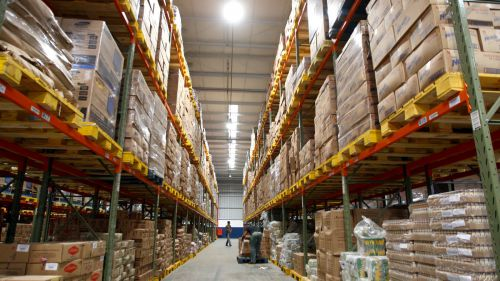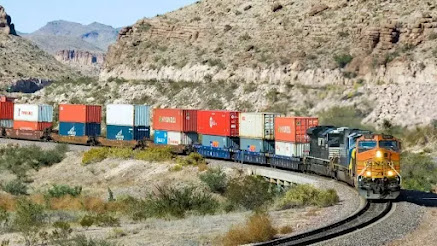About Us:
WHAT WE DO
OUR SERVICES
Pace Logistics is a Global International Freight Forwarders. Our Air Freight Team worked closely with all the major airlines for many years and built strong relationships with key airline staff and have developed excellent buying power ability. Encompassed with our on-going support, we pass this benefit on to our clients. ??Through our global alliances, we can arrange for your shipments to be collected and forwarded Door-to-Airport or Door-to-Door & Our experienced and professional air cargo team members can take you through the airfreight process from booking through delivery at the final destination. This is underlined by the fact that the executive heading of PACE LOGISTICS Air Freight division has more than 10 years experience in the Air Freight field.
AIR FREIGHT SERVICES INCLUDE
- Consolidation
- Direct IATA
- Global Air Charter Service
- Airport to Airport / Door to Door
- Packing
- Complete Documentation Services
- Insurance
- Web Tracking
- Oversized Cargo
Ocean Transport
types of cargo, we offer door-to-door transportation of less than Ocean Freight is one of the key elements in multimodal transportation. In order to offer the best service possible, we have an ocean freight department specializing in both FCL/LCL and in the handling of different types of cargoes. Our experienced and professional ocean cargo team members are ready to review the intricate process of global shipping and we works with all major shipping lines that sail to and from Saudi Arabia. This ensures customers the best cost effective solutions, whether the requirement is for shipping of small shipment (LCL), Full container loads (FCL) and special Cargo movements.
- FCL (Full Container Load)
- LCL (Less-than-Container Load)
- Non Containerized Load
- Project Cargo
- Port to Port / Door to Door
- Complete Documentation Services
- Oversized and Out-of-Gauge cargo
- Temperature Controlled Shipment
Road Transport (Freight forwarders in Pakistan)
OUR ROAD TRANSPORTATION SERVICES INCLUDE
- Assembly & positioning of load units
- Contract-logistic procurement and distribution
- Customs clearance
- Special transportation of heavy weight, over-sized and sensitive cargo
- Special transportation of house-hold goods and personal effects.
- Complete Documentation Services
- Various Value Added Services
Custom Clearance (Freight forwarding companies)
CUSTOM CLEARANCE SERVICES INCLUDE
- Import / Export customs clearance
- Temporary Import & Export Custom Clearance
- Consultation for import and Export
- Bonded Facilities
- Permit applications
- Refund & drawback applications
Warehouse Distribution (International freight forwarders)
WAREHOUSE AND DISTRIBUTION SERVICES INCLUDE
- Contract Warehousing
- Deconsolidation and Consolidation
- Distribution Center Bypass
- Distribution
- Fulfillment / Pick and Pack
- Merge In Transit







.jpg)






.jpg)